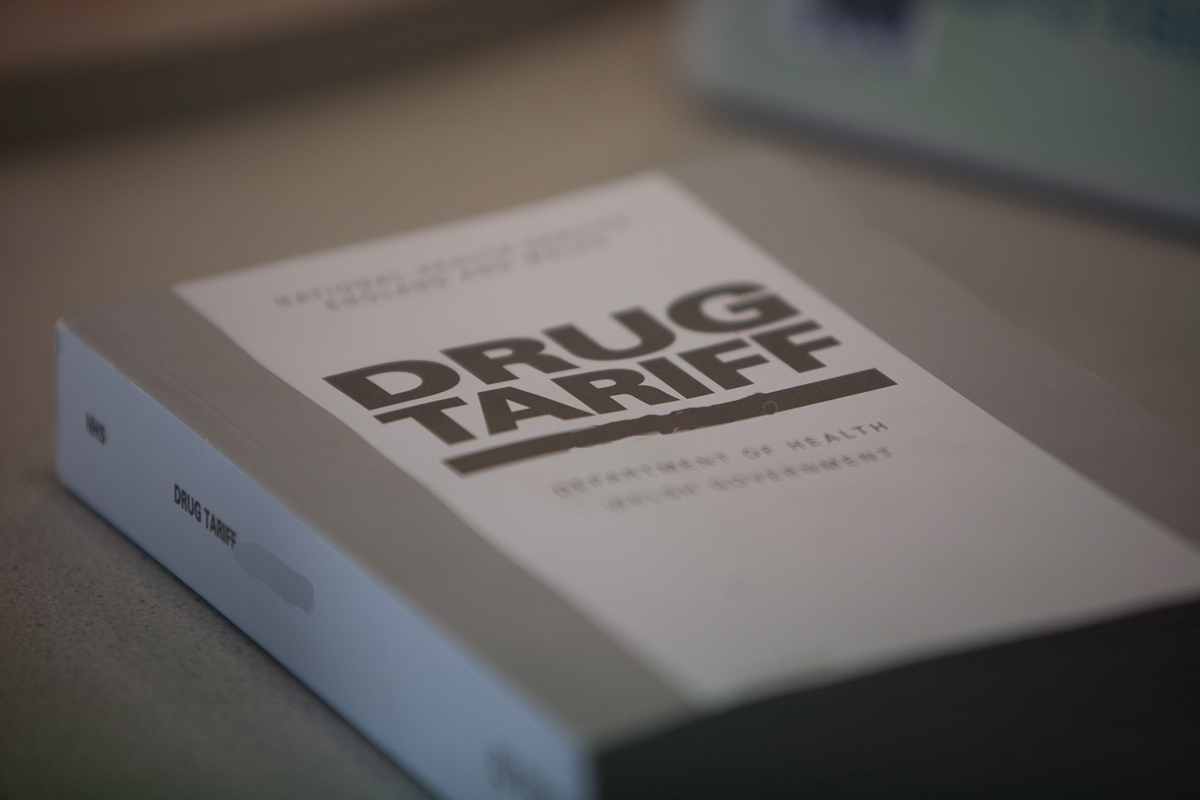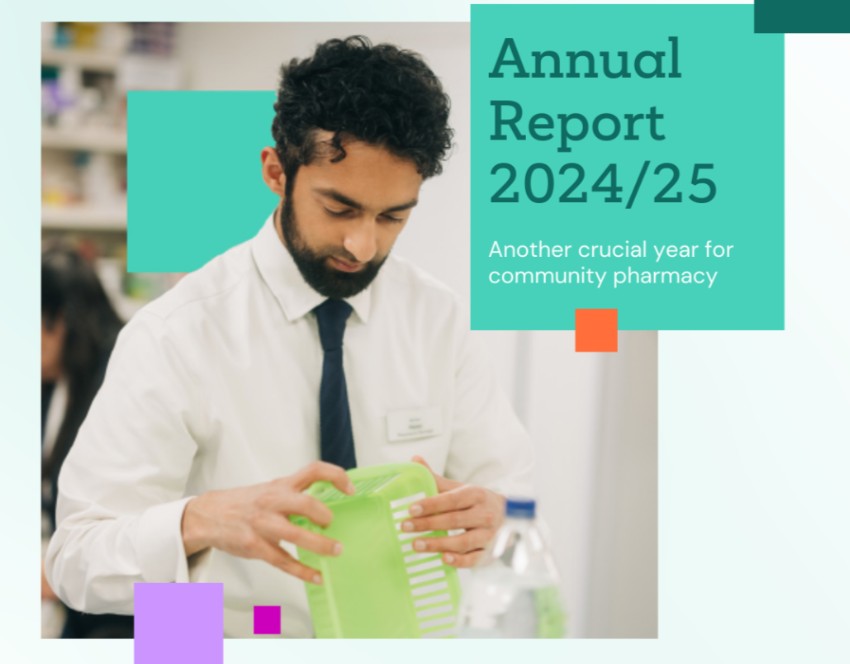Reimbursement pressures and lack of flexibility in dispensing is exacerbating medicines supply issues, warns Community Pharmacy England
Photo credit: parliamentlive.tv
Pharmacies’ ability to manage medicines shortages is constrained by cashflow and reimbursement pressures, with reforms to allow pharmacists greater flexibility to make substitutions sorely needed, Community Pharmacy England has told a Parliamentary inquiry.
Dr. James Davies, Director of Research and Insights at Community Pharmacy England, gave oral evidence to the House of Lords Public Services Committee on Wednesday 5th November. The Lords Committee’s inquiry into medicines security is considering how the UK Government predicts, identifies and responds to medicines supply issues. Community Pharmacy England has also provided written evidence to help inform the inquiry as part of the Committee’s call for evidence.
The expert witness panel, which also included the Chief Executive of the Company Chemists’ Association and the Executive Director of the Healthcare Distribution Association, cited economic pressures and persistent funding shortfalls as having a significant impact on the resilience of the medicines supply chain.
During the session, James described how the medicines supply chain is becoming increasingly fragile, with more frequent and severe shortages as underfunded community pharmacies face growing difficulties in maintaining adequate stock levels.
The current funding model’s emphasis on driving down prices has undermined resilience, negatively affecting both pharmacies and manufacturers. James argued that chronic underfunding of the sector has forced pharmacies to minimise stockholding, increasing the risk of shortages.
Where pharmacy owners cannot obtain products from wholesalers on a viable basis, this is putting further critical pressures on their businesses and asking them to in effect subsidise the NHS, which is unacceptable. James therefore urged the inquiry to examine pricing mechanisms that mean pharmacies are not required to supply medicines at a loss. He also expressed Community Pharmacy England’s support for reforms to allow pharmacists greater flexibility to make safe substitutions when medicines are unavailable.
Watch the oral evidence session in full
The 2025 Pharmacy Pressures Survey found that one in four pharmacy teams now spends over two hours each day sourcing alternative medicines for patients where shortages occur, adding to workload pressures and staff stress.
Community Pharmacy England is continuing to warn Government and the NHS about the ongoing impact of the many pressures community pharmacies are under, including the sector’s £2 billion funding deficit.
Following his appearance at the evidence session, James Davies will write to the Public Services Committee to set out the following recommendations for Government:
- Undertake a strategic review of medicines supply and pricing;
- Increase investment in community pharmacy margin;
- Ensure pharmacies are not dispensing medications at a significant loss;
- Ban the routine prescribing of branded generics;
- Allow pharmacist flexibilities to make changes to the prescribed medicine;
- Improve communication on supply issues to pharmacy teams;
- Mandate barcodes on all medicines packs; and
- Address causes of waste associated with repeat dispensing systems, including through use of community pharmacist prescribers.
Dr. James Davies, Director of Research and Insights at Community Pharmacy England, said:
“It was a privilege to represent the community pharmacy sector at the Lords inquiry into medicines security this week. Alongside fellow panellists, I shared the challenges that the chronic underfunding of community pharmacy is having on the supply chain. The resilience of the medicine supply chain and the resilience of community pharmacies are interlinked. They are both vital if patients in primary care are to receive their essential dispensed medicines: if one fails, so does the other.
Due to sterling work by community pharmacies, the costs of medicines in the UK have been driven down over time. Whilst positive for the NHS, this has in turn driven fragility in the medicines market, making it more brittle and less resilient.
Government needs to reconsider the priorities of what it is trying to achieve, the balance between security of supply and minimising costs, and much of that can come through the investment in margin and the community pharmacy network. As shortages continue to take a toll on patients and pharmacy teams across the country, the sooner we can move to a more resilient system the better.”








